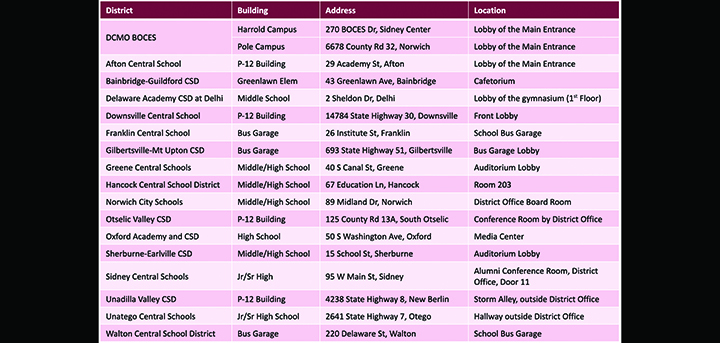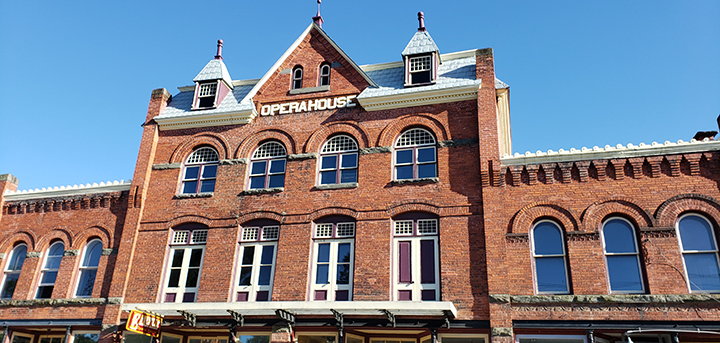The calamity crowd
Do you feel our economy is in recession?
Millions of Americans do. I saw one recent poll that claimed 28 percent of us believe the national economy is in recession.
One columnist from SmartMoney.com says he saw a poll that reckoned a majority of Americans feel we are in recession. I Googled around to find that poll. Without success. I did find the one I mention above.
I have a question for you.
Before I ask it, a word about recession. We are not in a recession. We have not been in one. We have not been close to a recession for years. We are not close to one now. Our economy has been booming. Our unemployment rate is way down. Average income for Americans is rising. Consumer spending has been strong.
Beyond that, the economy shrugged off recession and 9/11 in short order. That alone showed that we have an incredibly healthy economy. The 9/11 disaster sapped the economy with hundreds of billions of losses. Yet the economy rose above it.
Further evidence of health in the economy: Huge new jobs numbers. Huge surges of money flowing into Washington. Shrinking of our deficit. Big growth in the stock market. And even though the housing bubble popped, the economy continued to expand.
Now my question.







Comments